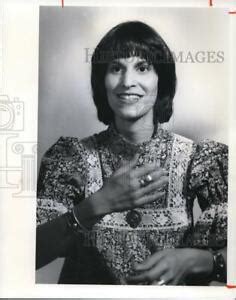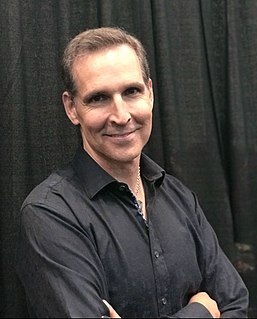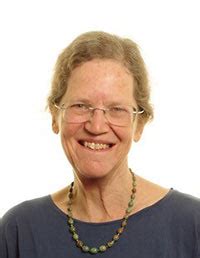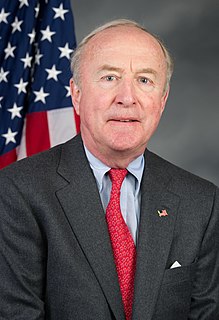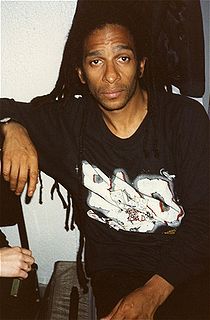A Quote by Francis Maude
We said in our 21st Century Party paper there are 61 mosaic groups, which the market research people use as different socio-economic categories and half of our members come from just five of those groups and that is very narrow - too narrow.
Related Quotes
We think of the number "five" as applying to appropriate groups of any entities whatsoever - to five fishes, five children, five apples, five days... We are merely thinking of those relationships between those two groups which are entirely independent of the individual essences of any of the members of either group. This is a very remarkable feat of abstraction; and it must have taken ages for the human race to rise to it
I have a fairly strict definition of early infantile autism. That is not to say that people who don't meet that classic description don't have autism, but we might do well to narrow our definitions, and our samples, down to groups that are very similar, because I think you're more likely to find the cause.
The man who lives in a small community lives in a much larger world. He knows much more of the fierce variety and uncompromising divergences of men…In a large community, we can choose our companions. In a small community, our companions are chosen for us. Thus in all extensive and highly civilized society groups come into existence founded upon sympathy, and shut out the real world more sharply than the gates of a monastery. There is nothing really narrow about the clan; the thing which is really narrow is the clique.
Today age segregation has passed all sane limits. Not only are fifteen-year-olds isolated from seventy-year-olds but social groups divide those in high school from those in junior high, and those who are twenty from those who are twenty-five. There are middle-middle-age groups, late-middle-age groups, and old-age groups - as though people with five years between them could not possibly have anything in common.
Our first and most pressing problem is how to do away with warfare as a method of solving conflicts between national groups or between groups within a society who have different views about how the society is to be run. If you look back, you will see that warfare was an invention, just as ways of handling government or taxes are inventions. You will see, too, that once people use an invention they go on using it until they find another which they think is superior.
The Nazi Party was, in the early 1920s, but one among many nationalist and volkisch radical political groups. It was catapulted to prominence with the onset of economic recession in the late 1920s... The Nazis owed their spectacular to a combination of two discrete sets of factors: first, their distinctive organisation and strategy; and secondly, the wider socio-economic conditions which created climates of opinion and sets of grievances on which the Nazis could prey.
I was an athlete, so I hung out with the jocks. I was smart, so I hung out with the nerdy kids. I was also into theater, so I hung out with the misfits... So I was always in different groups, and those groups never quite overlapped. The racial part of it was just another one of those groups, in one sense.
I was really lucky to grow up in an extremely diverse neighborhood. I grew up in a city called Southfield, and it's one of the most diverse cities in the country. Just from the different socio-economic statuses and racial and ethnic groups I was around, I was around all different types of music from the beginning.
[In] the 21st century, the mainstream can satisfy your every whim. I guess the idea of walking around with groups of people dressed the same and saying, "I'm only into ska" or "I'm only into whatever" - is kind of restrictive in the 21st century. I don't know if it's a bad thing that these movements have run their course. I think what I miss about it is the collective experience.




